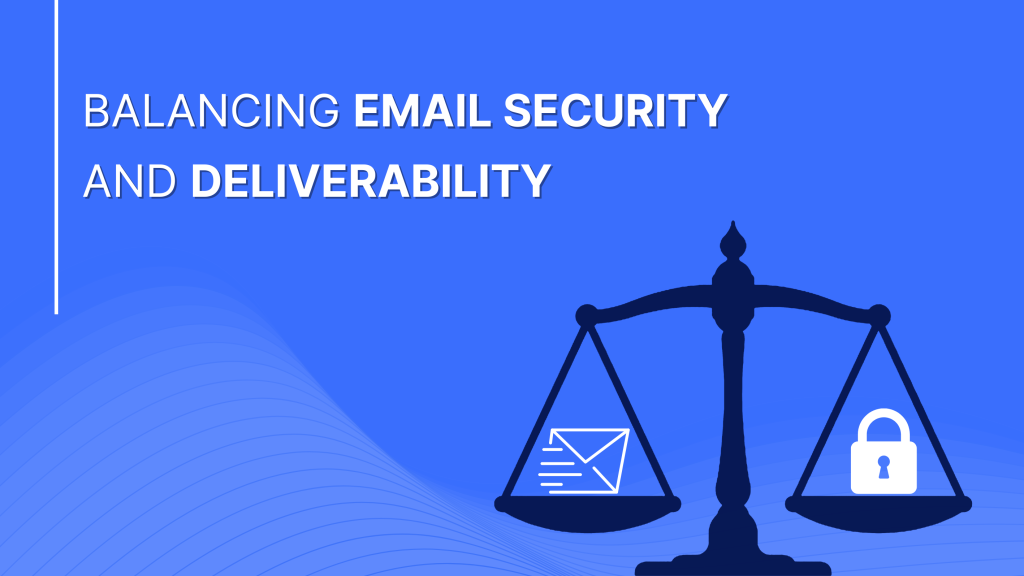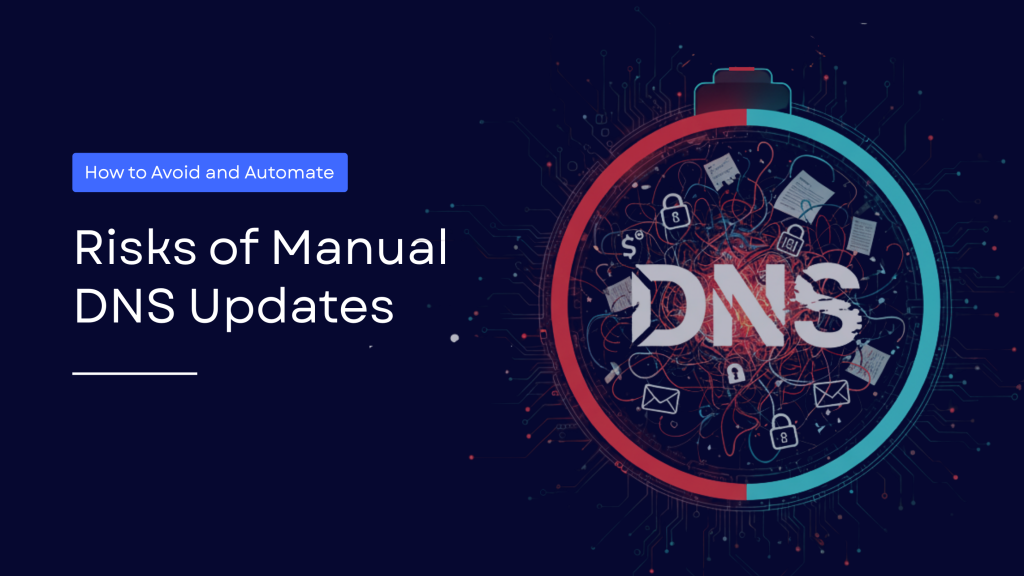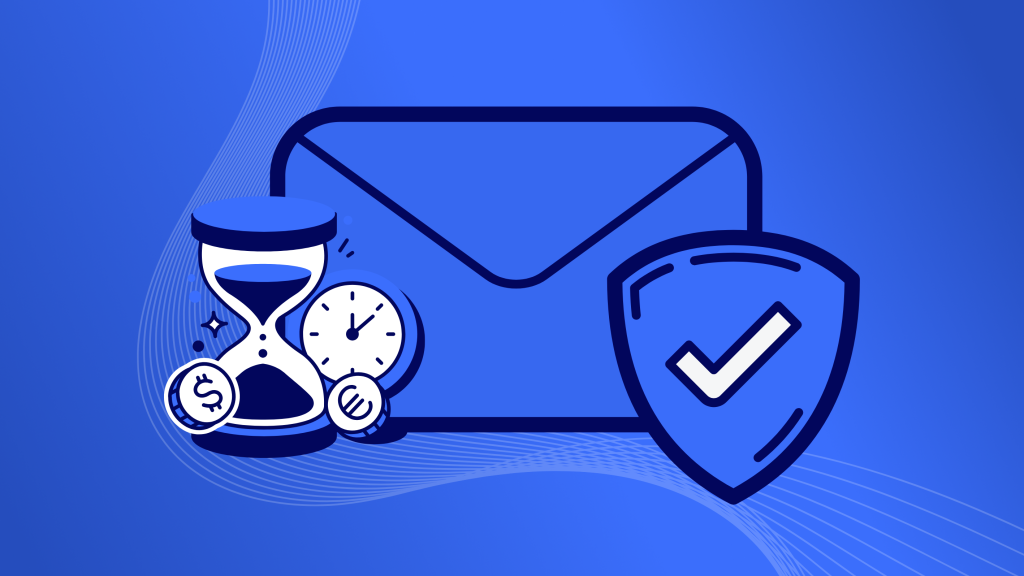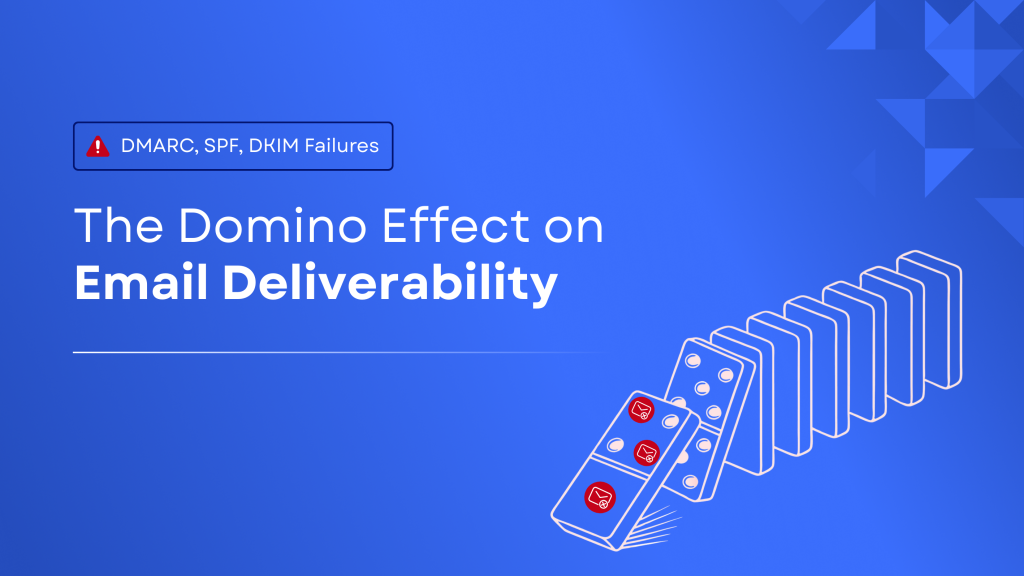Deliverability vs. Security: Why Both Matter in Email Success

For organizations that rely on email for communication and outreach, achieving high deliverability and ensuring security are critical goals. However, these two objectives often seem to pull in different directions. Businesses might prioritize deliverability to ensure their messages reach the intended recipients, but without adequate security measures, they expose themselves to phishing attacks, spoofing, and other email-based threats.
Striking the right balance between deliverability and security is not just a technical necessity—it’s a strategic imperative. Let’s explores why organizations must focus on both and how they can use modern tools and strategies to achieve email success.
Why Email Deliverability Matters to Organizations
Deliverability is the measure of how many of your emails land in the intended recipient’s inbox instead of being marked as spam or blocked. For organizations, poor deliverability leads to lost opportunities, whether in sales, customer engagement, or internal communication.
Factors influencing email deliverability include:
- Sender Reputation: This is determined by the quality of emails sent from your domain. Poor practices such as sending bulk spam-like emails can tarnish your domain’s reputation.
- Authentication Protocols: Without proper email authentication, internet service providers (ISPs) may block your emails, suspecting them to be spoofed or malicious.
- Content and Engagement Metrics: Spammy content, high bounce rates, and low recipient engagement can lead to emails being flagged.
Organizations aiming for high deliverability need to consistently monitor and maintain these factors. However, good deliverability practices must not come at the expense of email security.
The Cost of Overlooking Email Security
Email security ensures the authenticity and integrity of emails, protecting recipients from malicious threats. Neglecting security leads to issues such as:
- Domain Spoofing: Attackers use your domain to send fraudulent emails, damaging your brand and trust.
- Phishing Attacks: Without proper email authentication, phishing emails impersonating your brand may reach recipients.
- Compromised Deliverability: Repeated misuse of your domain can harm your sender reputation, leading to emails being blocked by ISPs.
With threats like business email compromise (BEC) and phishing growing in sophistication, ensuring email security is no longer optional.
Bridging the Gap Between Deliverability and Security
To optimize both deliverability and security, organizations must adopt robust email authentication measures and continuously monitor their email systems. Key practices include:
1. Implementing Authentication Protocols
Email authentication is the backbone of secure and successful email delivery:
- SPF (Sender Policy Framework): Limits which servers can send emails on behalf of your domain, ensuring only legitimate emails are sent.
- DKIM (DomainKeys Identified Mail): Attaches a cryptographic signature to emails, verifying their integrity during transit.
- DMARC (Domain-based Message Authentication, Reporting, and Conformance): Prevents unauthorized use of your domain by allowing you to set policies and gain visibility into email traffic.
2. Maintaining a “Reject” Policy in DMARC
A DMARC policy of “reject” blocks fraudulent emails from reaching recipients, protecting both the sender and the recipient. Achieving the strictest DMARC policy is risky when done manually, as 10-15% of legitimate emails might get lost and not arrive to the intended recipients.
3. Partnering with Skysnag
Skysnag automates the entire email authentication process, providing unmatched visibility, simplifying analysis, encrypting forensic reports, and ensuring your domain’s emails remain secure and your emails delivered.
Deliverability and Security: A Symbiotic Relationship
Organizations should view email deliverability and security as complementary goals rather than competing priorities. By addressing security vulnerabilities, businesses enhance deliverability because ISPs reward domains with proper authentication and policies. Similarly, higher deliverability ensures that legitimate, secure emails reach the intended inbox, building trust with recipients.






